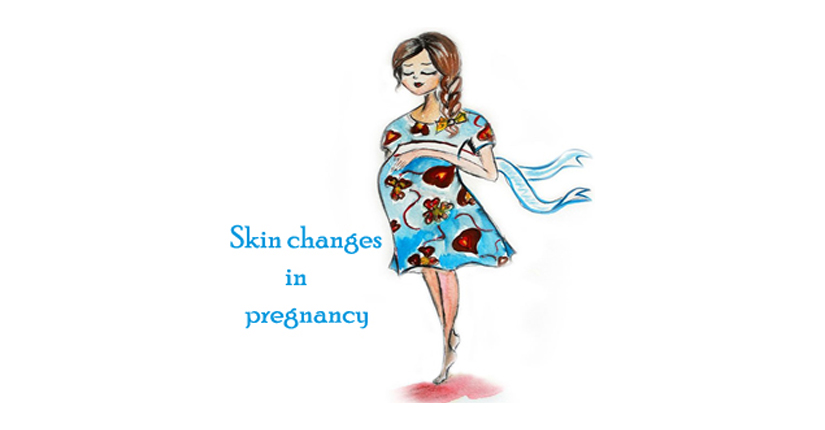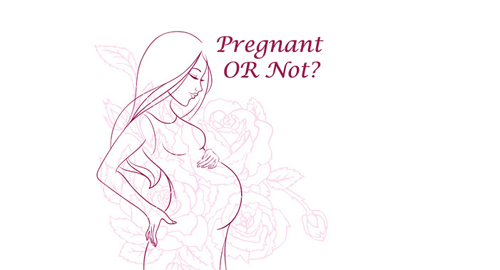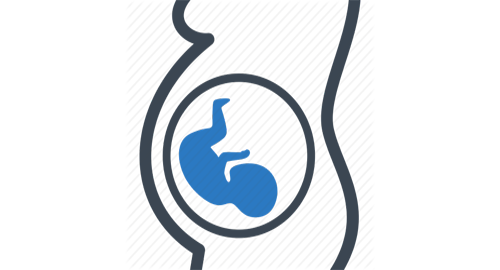Almost every organ in the female body experiences some changes during pregnancy. Most of such changes are necessary in order to accommodate the developing pregnancy.
Read more ..... Sarah, am sure you were pretty excited to have your first baby. But perceived pregnancies may not always culminate with the anticipated baby. In rare cases, you might believe you are pregnant, only later to realize that it was all a phantom.
Read more ..... Key decisions surrounding labor and delivery should be made well in advance during the antenatal period. It is important to realize that labor and delivery is usually a team effort. You play the main role, with collective supervision between midwives and obstetricians. Neither must be deemed to have a lesser role.
Read more ..... In most airports, passengers walk through metal detectors, which use a low-frequency electromagnetic field to look for weapons. Anything that generates or uses electricity, such as power lines or household appliances, produces an electromagnetic field. At the low levels a metal detector emits, this exposure is considered safe for everyone, including pregnant women. (The same holds true for the wands that security personnel sometimes pass over individual passengers.)
Read more ..... Advances in communication technology have revolutionized health care delivery. Physical consultations are no longer absolutely necessary for many conditions, being replaced by virtual consultations. Virtual care allows women take charge of their own health, anytime anywhere.
Read more ..... 




